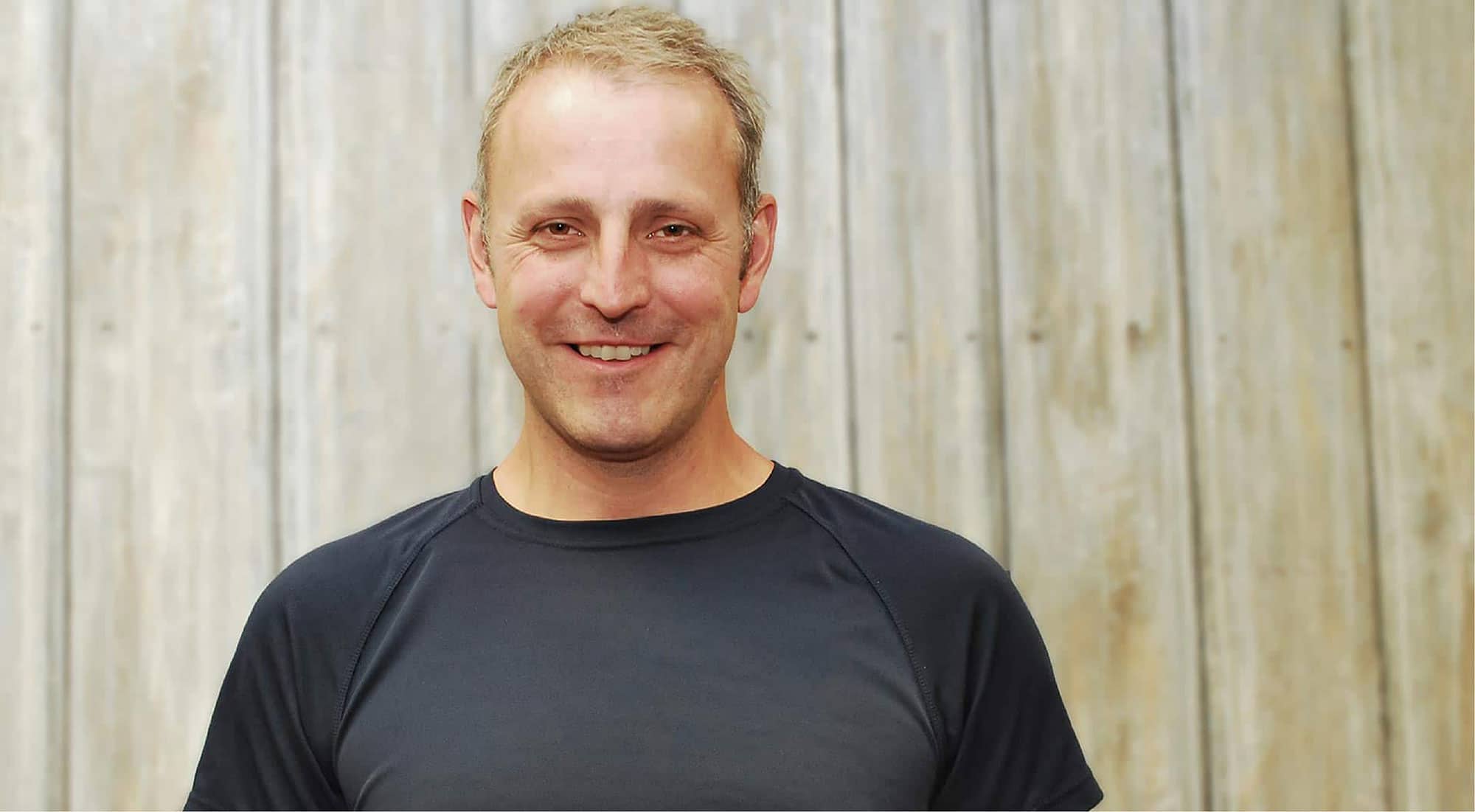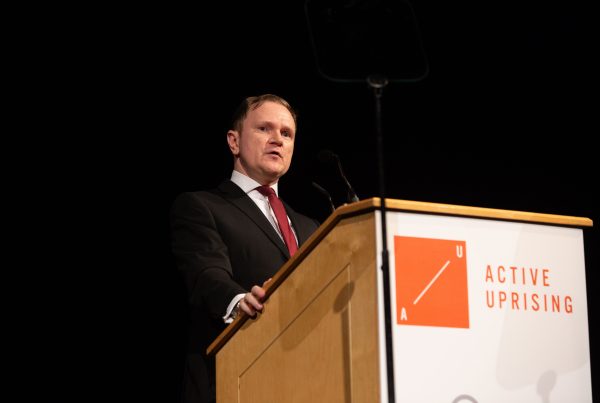By Kenny Butler, Head of Health & Wellbeing Development, ukactive
As the fitness and leisure sector prepares to re-open again in England, there is a clear and growing need to ensure stakeholders across the healthcare landscape understand what our sector has to offer. Our sector puts the health of the nation first, and has now shown its ability to make facilities COVID-secure – and therefore safe to reopen. Aggregated data from ukactive shows that, measured from 25 July to 11 October, gyms and leisure centres saw more than 45 million visits in the UK, with an overall rate of 0.99 cases per 100,000 visits.
Our sector enables 17.1 million people to reach recommended levels of physical activity each week through fitness and gym activities – second only to walking. We know that one in five people using our spaces are over 55, and we know that our workforce has the capacity and skillsets to engage more people within this age group. We also know that 66% of cancer prehabilitaton and rehabilitation services take place in fitness and leisure settings. Thousands are currently awaiting elective surgeries or rehabilitation programmes which have been suspended during the pandemic.
So what of our future role in supporting the NHS? NHS England’s 2019 report ‘Universal Personalised Care: Implementing a Personalised Model’, highlights dance studios and sports halls as “unconventional places in which health and care support [can be] delivered’’, and references ukactive’s landmark Reimagining Ageing report to acknowledge the physical activity sector’s potential in supporting health outcomes.
Over the past few years, we have seen NHS bodies embrace social prescribing (a non-medical way of supporting people’s health and wellbeing) and commit resource to rolling programmes out across England. Community-based support is a big part of social prescribing.
This is where the fitness and leisure sector can enable people, particularly those with more complex needs, to take greater control of their health. By welcoming people into our facilities and encouraging them to be more active, we can make a lasting impact on their physical, social and mental health. Our sector has immense potential to support the Government’s ambitions to boost prevention and combat loneliness.
Our sector now has the opportunity to become part of the growing infrastructure that supports social prescribing, which includes Arts Council England, Sport England, NHS Charities Together, The Money and Pension Service, Natural England Charities, and the newly-formed National Academy of Social Prescribing.
But before we do, we must raise the profile of the sector’s relevance to social prescribing, build an evidence base, share industry best practice and explore funding partnerships. To do this, we need to get a picture of the fitness and leisure sector’s understanding of social prescribing, ascertain workforce readiness and get a sense of any existing links the sector may have to NHS Integrated Care Systems collaborations, from which social prescribing is delivered.
Undoubtedly, we need to amplify the voice of the sector to promote social prescribing in our spaces. We also need to define what success looks like and where the greatest impact can be made to steer a change in views around healthcare and people with complex health problems toward the sector. ukactive is working hard to develop new ways of working with the health sector, sharing best practice and creating sector links into healthcare.
There has never been a better time to recognise the incredible value of gyms and leisure centres for health and wellbeing, especially for people with long-term conditions and complex health problems. Gyms and leisure facilities provide services which are vital to increase physical activity levels across all demographics, thereby improving physical and mental health, boosting social connectedness, and delivering significant economic and social value.
It is important that the fitness and leisure sector continually improves and adapts its customer journey and messaging to ensure the right level of provision, choice and accessibility, with ability-appropriate offerings as well as age-appropriate offerings.
To find out more about how the physical activity sector can better integrate with our national healthcare system, register for the final session of our National Summit online series titled ‘Integrated Approaches to Health and Social Care’, taking place on Wednesday 25 November from 2pm. We’ll be joined by outstanding speakers including Professor Chris Whitty, Chief Medical Officer for England, and Professor Helen Stokes-Lampard, Chair of the Academy of Royal Medical Colleges.
To book your free place to the National Summit, please visit the National Summit website.

More People More Active More Often




